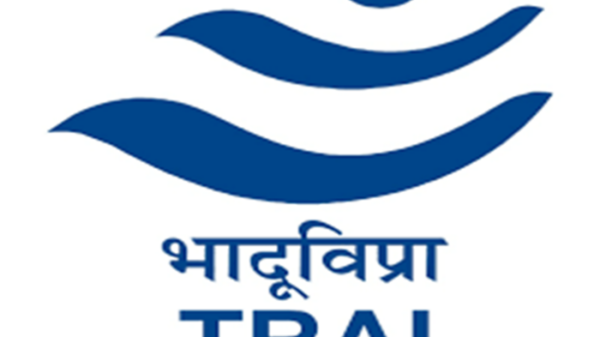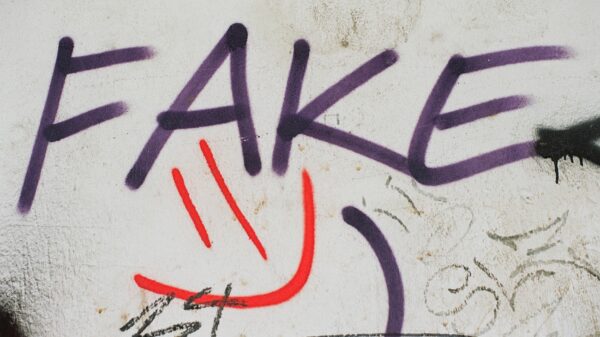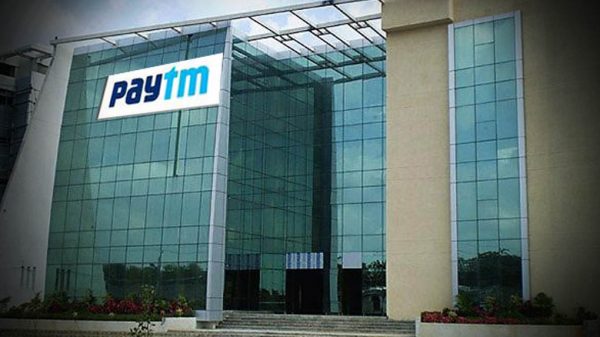Twitter's premium offering 'Twitter Blue' is now available in the United States and New Zealand and includes ad-free articles from partner publications, the company announced in a blog post on November 9. Twitter will share a portion of its revenue from Twitter Blue with the publications, the announcement said. "Our goal is to help each publishing partner make 50% more per person than they would’ve made from serving ads to that person," Twitter said in the announcement. Twitter Blue was first rolled out in Australia and Canada in June this year. In the past few years, various countries including France, Australia, and Spain have demanded that platforms like Google and Facebook share their revenues with publishers. With Twitter Blue, Twitter is seemingly trying to find a middle-path in that negotiation, pocketing the revenue from ads while voluntarily sharing revenue from paid subscriptions. What is Twitter Blue? Twitter's first-ever paid subscription-offering, Twitter Blue offers a few upgrades to users of the social media platform: Ad-free reading: Twitter Blue subscribers in the US will be able to read ad-free articles from partner publications, including Reuters and The Washington Post among others. Top articles: Another premium feature of Twitter Blue is 'Top Articles', a list of the most-shared articles in your network. Undo Tweet: While even subscribers cannot edit tweets, they can 'Undo Tweet' before it is published. This feature is similar to the Undo Send feature in Gmail. Bookmark Folders: Twitter Blue subscribers can segregate bookmarked tweets in folders and customise the look and feel…





























